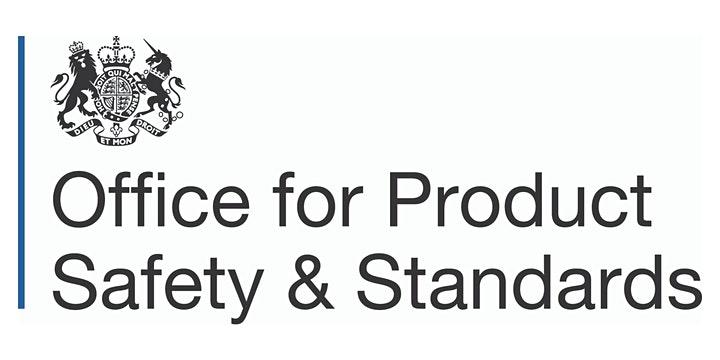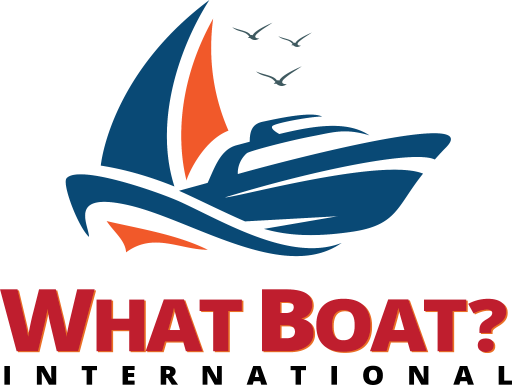
Published on: 09 November 2023

British Marine represented its members last week at a UK Timber Regulations workshop hosted by the OPSS, amongst items discussed were the following.
Low Risk Countries
There is a continued and increased need for ensuring that legality documents are present where the risk of illegally harvested timber is already low. This applies to any natural or legal person who first places timber or timber products on the GB market (an operator). Any natural or legal person who buys and sells timber or timber products already placed on the GB (England, Scotland and Wales) market (a trader) still has a legal responsibility to ensure the timber is legal to be sold.
These legality documents include:
- Description, including the trade name and type of product as well as the common name of tree species and, where applicable, its full scientific name,
-
Country of harvest, and where applicable:
- (i) sub-national region where the timber was harvested; and
- (ii) concession of harvest,
- Quantity (expressed in volume, weight, or number of units),
- Name and address of the supplier to the operator,
- Name and address of the trader to whom the timber and timber products have been supplied,
- Documents or other information indicating compliance of those timber and timber products with the applicable legislation
There is no one size fits all because the applicable laws are different in all countries. Gathering these documents can be straightforward when there are only a couple to gather but it can be complicated in countries where the requirements differ from region to region, there are different forest types or multiple documents are required. Harvesting permits/Licences are common examples of a legality document but research must be undertaken to understand the full extent of the documents needed.
The OPSS approach will be to assess on a case-by-case basis, but the expectation is that businesses will strive to source the legality documents, regardless of the risk associated with the country of harvest. If a business has taken all steps possible to try and source these documents and have been unable to do so for a low-risk country, this should be explained within their due diligence and thorough reasoning should be in place why they think it is still acceptable to go ahead with placing the product on the market. For countries where the risk of illegal logging is high, it is expected that all legality documents will be sourced and verified.
Preferred by nature – Is a good starting point for getting a basic understanding of the risk associated with a country and there has been a recent update to its sourcing hub.
Voluntary Partnership Agreements
DEFRA updated on its Voluntary Partnership agreements whereby they work with producer countries supporting their efforts to uphold their laws and strengthen environmental protection and the transition to sustainable supply chains and protecting forests.
This is embodied by the Voluntary partnership agreement with Indonesia, which underpins the FLEGT (Forest Law Enforcement Governance and Trade) licensing system allowing the country’s timber products free access to the UK market. The Indonesians have recently revised SVLK (their Timber legality assurance system) with new principles, criteria, and indicators for ecology and environmental management that are in favour of biodiversity and CITES-related commitments.
The UK-Ghana VPA (Voluntary Partnership Agreement): The treaty generally replicates the EU-Ghana VPA under which the UK was bound while it remained a part of the EU (European Union), though now updated to reflect EU exit. DEFRA are currently working closely with counterparts at the Ghanaian forestry commission and Ministry of Land and Natural resources to reach agreement on a final VPA text. The EU has recently agreed that Ghana can now begin issuing FLEGT licences and a VPA will be signed within three months.
Other countries are seeing the benefit of agreeing VPA’s with the UK government and it is expected that Vietnam will be the next country to sign a VPA.
European Union Deforestation Regulations
Came into force on 29 June.
The EUDR significantly changes and expands on the requirements of the EUTR (EU Timber Regulation) in several ways, including the following:
- There is an increase in scope from one commodity (timber) to seven commodities (timber, soy, cocoa, coffee, cattle derived products, rubber, and palm oil, and listed derived products) – capturing, for example, all meat from cattle, all products with palm oil, and rubber tyres.
- The definition of operator has been broadened from those who first place timber on the market, to those who import, export or first place timber on the EU market. Large traders of commodities further down the supply chain also have due diligence obligations.
- EUDR introduces more stringent due diligence requirements. Operators will be required to demonstrate that the relevant products have been produced on land that has not been subject to deforestation or forest degradation since the end of 2020 and provide geolocation data for where the commodity was produced. There are also new requirements on human rights and rights of indigenous peoples and contributing to the UN’s Sustainable Development Goals.
- EUDR introduces new reporting requirements – Operators will be required to submit due diligence statements to the competent authority confirming that due diligence was carried out before placing on the market and there are also proposed customs checks.
There has been no indication yet from the EU as to whether the EUDR should apply in Northern Ireland.
At this point British Marine is still awaiting a response from the OPSS with regards exporting warranty items such as cabinetry and leather items such as upholstery etc to the EU and how these fit into the new EU deforestation regulations.
UK Timber Regulations
- Under UKTR (UK Timber Regulations), OPSS are currently able to issue warning letters to non-compliant businesses that have since taken appropriate measures, notices of remedial action where there has been a failure to have or maintain an appropriate due diligence system, and to prosecute businesses that have continued to refuse to implement due diligence systems or have breached the requirements of an NRA.
- A key issue that has been raised regarding these options is that there is a significant jump between the lower-level interventions and prosecution.
- There have been calls to introduce civil sanctions (such as Stop Notices and Variable Monetary Penalties) in the UKTR to bridge this gap. Civil sanctions would allow fines to be given out without the need to prosecute in court and could mean that fines are issued to companies in relation to a proportion of their turnover and that this would be a far stronger deterrent than the current penal regime.
- Civil sanctions put a line in the sand and a court would look to exceed any previous civil sanction issued should a company be found guilty. They can also apply regardless of where a company might be based in the country. If OPSS want to prosecute a company then currently, they have to engage, and comply with (and travel to), the local magistrates’ systems and processes in which the company is located.
- In addition, OPSS have highlighted there is no legal requirement for a company to act on the remedial actions identified in an NRA. For NRAs to be more effective, OPSS suggested that this could be made a legal requirement. If the company took no action, then OPSS could move forward with civil sanctions (issuing notice of non-compliance and fine for not complying with an NRA) rather than having to start again so to speak and build the case for prosecution.
Test Purchases
OPSS need to be able to make test purchases without having to obtain the consent of the company under investigation. Test purchases are key to being able to understand how supply chains are operating and investigate/determine the legality of the timber.
Seizure
The power to seize products currently applies to illegally harvested timber but is not available where only the due diligence requirements have been breached. Some stakeholders have called for seizure powers to be extended to due-diligence breaches, but Defra has previously considered this as a disproportionate measure, favouring instead civil sanctions to strengthen enforcement.

